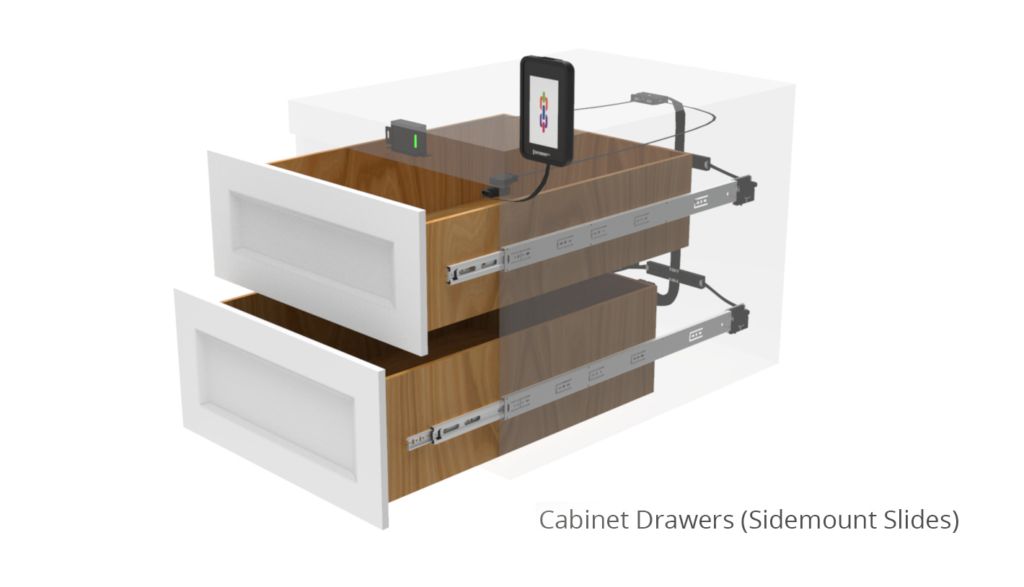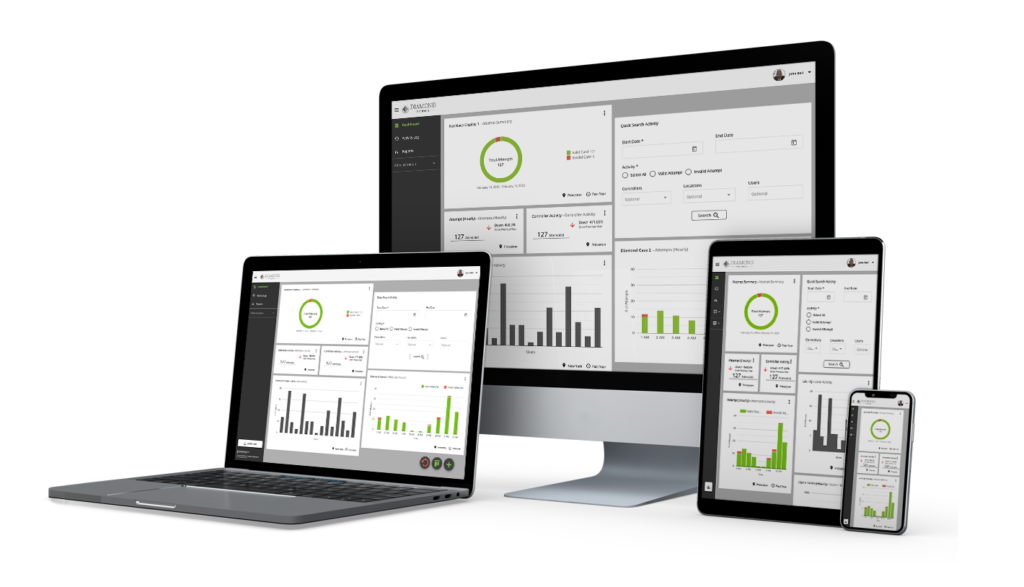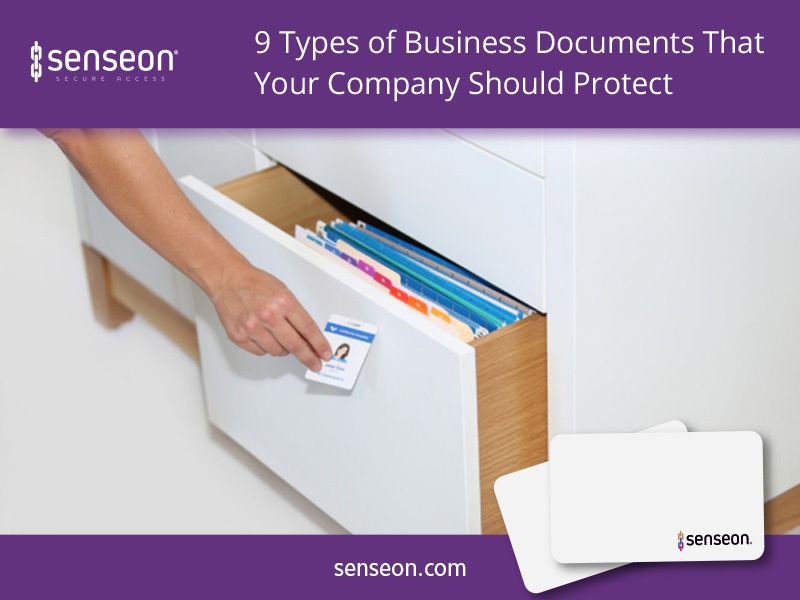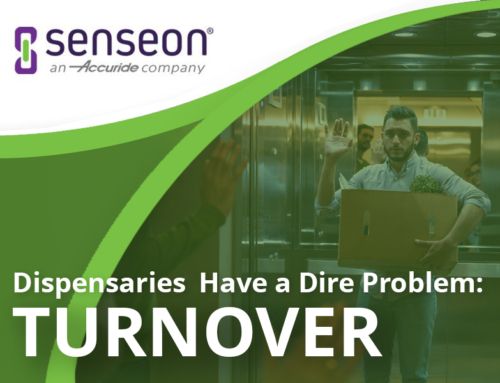Even in today’s digital world, business documents are essential to the operational wellbeing of a modern company. Legal documents like operating agreements and non-disclosure agreements (NDAs) give a company status and legal standing to defend its ability to function.
But paperwork, no matter how essential, can come with frustrating regulations. Both small businesses and large companies are subject to strict legal requirements when it comes to recordkeeping. Without strong internal guidelines, it can be easy for essential business documents to slip through the cracks.
While it might seem easy to simply upload these documents to a server and forget about them, the documents most critical to your daily operations may need additional protection. Some may even need to be kept completely offline and confidential in a secured storage system.

Companies like Senseon provide secured storage systems, an ideal solution for those looking to protect essential business documents.
Here are 9 business documents that your company should protect.
1. Contracts
Contracts are essential business documents, and they come in a variety of stripes and colors depending on business needs.
Standard business contracts might include:
- Purchase orders
- Employment agreements
- Partnership agreements
- Operating agreements
- Service contracts
These documents give a business everything it needs to operate effectively. Without them, the business has little to no legal protection if the other party changes the structure of an agreed-upon arrangement.
Because even minor changes can cost a company millions, it’s essential to keep hard copies of these business records on file — often for years after a contract or agreement is completed.
2. Employee Files
Employee documentation is essential because it keeps the business relationship with employees above board.
This doesn’t only include new hire agreements and related documentation. It could also include performance reviews, identification numbers, wage documentation, non-compete agreements, confidentiality agreements, NDAs, and more.
Because employees are entitled to labor protections, breaks, and wage earnings, it’s important to keep all employment records in a secure and easily accessible location.
3. Tax Filings & Financial Records
One of the core aspects of any recordkeeping initiative is ensuring compliance with the IRS.
While the rules vary for businesses, depending on size and industry, the IRS recommends keeping small business tax documentation on hand for a minimum of three years — but you may need to hold onto documentation for six years or longer. These rules are different for larger corporations, but every variation involves keeping financial documents like income statements and financial reports on file for an extended period of time.
Most of these documents can be uploaded to a server or archived, but it’s helpful to have a copy on hand in the event of server failure or a lost backup. While there are a few areas where shoddy recordkeeping might be overlooked, failing to provide any of the required documentation in the event of a financial audit could result in severe penalties from the IRS.
4. Password Documentation
Most of the time, nobody thinks of a password as a critical piece of business intelligence, but the right password used at the right time can give unauthorized users total control over a business network.
While many business documents are an integral part of daily operations, passwords actively help to secure your network and protect your business from external threats.
In many cases, saving passwords on your computer isn’t ideal. This is especially true when dealing with heavy-duty firewalls like those used by government agencies, software developers, or financial institutions.
These industries often require multiple, long passwords that employees must write down in order to track. If you need the password to unlock your device and it’s not memorized, storing the password on a file inside your machine won’t help.
Even if you do store your passwords in a secure place, it might not stay safe. In the past, computer viruses designed to compromise security protocols have affected password storage companies along with everyone else.
Storing these documents in a lockable location, like a Senseon-secured cabinet, is often the best solution prior to memorization. You can even use Senseon to fortify a desk so that it becomes a safe in its own right.
5. Competitive Intelligence
Every organization compiles information and intelligence on their competitors. Examining the market and determining your own course of action based on that knowledge is just good business.
But business reports on competitors can take hundreds of man-hours to prepare and compile. Between the initial research, the time it takes to parse that data, and the implementation strategies required to incorporate it into the business, competitive research gains value as more time is invested into it.
In order to retain its value, this intelligence must be kept secret and secure. Even everyone on the team won’t be privy to this data. That added value makes it a document worth protecting. While these documents aren’t as transactional as balance sheets or tax returns, they can be just as valuable for the survival of the business
6. Incident Documents
A major area of concern outside of the IRS comes down to incident reports. OSHA requires most incident reports to be kept on file for a total of five years after the incident occurs.
Major incidents, like employee fatalities or amputations, also need to be reported quickly and may trigger a workplace investigation. It’s important to have all relevant paperwork on file and to have those files ready in the event of an incident.
Any paperwork and resulting legal documentation that accompanies the incident may also play a role in insurance payouts, taxes, or legal documentation. Keeping these details on file can be important in protecting your business from risk.
7. Proprietary Operating Information
Just like competitive intelligence, proprietary operating information can hold valuable insights into how a business functions.
Often, proprietary documentation like computer code or strategic workflows is critical to business success. If that documentation ever found its way into the public eye, a business could lose its edge over competitors.
The worst part about proprietary information is that, if it escapes — regardless of how it manages to do so — the damage that it can do to the business is incalculable. A leaked proprietary design could cost a company billions.
Even so, many of these procedures and informational components need to be written down. It’s difficult to create something without taking notes. Those business documents need to be protected from prying eyes, both around the office and in the digital world.
8. Business Plans & Strategies
Companies spend millions of dollars trying to figure out what to do next. Annual reports, business plans, corporate strategies, and similar documentation can provide key insight into the next steps for an organization.
For highly successful companies, this kind of business strategy may be just as valuable as the creation of a new product.
Whether the company is rolling out a new marketing plan or creating a strategy to penetrate new markets, it’s important that these operational strategies be kept away from non-essential personnel while still under development.
9. Critical Emails & Memos
While most miscellaneous documentation (casual emails, meeting minutes, PDF templates, etc.) can be discarded, essential business documentation can materialize at any point during daily operations.
It’s hard to know when an employee will send an email that requires a formal meeting or when a VP will write a business letter that outlines a million-dollar idea. Finding a way to quickly secure those documents can help business owners protect their companies long before legal action needs to be taken.
Protect Your Legal Documents With Senseon
Protecting essential business documents is an important part of recordkeeping. Many businesses choose to upload files to online servers, where they can remain archived until needed.
For some documents, like simple templates and non-proprietary forms, that’s a great option. For critical files, it’s risky. Documents that are essential to the structure or direction of your business may need to stay closer at hand and more secure in an offline environment.
If that’s the case, Senseon can help by providing cabinet locking solutions for hinged doors, cabinet drawers, and more.
Our product limits access to your cabinet via a locking mechanism that can only be opened with an RFID credential — a far more user-friendly and intuitive solution than a typical, bulky safe. Because our systems are electronically agnostic, they can tie to almost any existing system on the market, including systems that support biometric or keypad scanners.

Using a secure, cloud-based audit trail software, Senseon Plus provides in-depth reports tailored to your specific business needs.
On top of our locking solution, the Senseon Plus software system allows you to monitor and audit access. Not only does this help you track attempted break-ins; these audit trails can be used to verify compliance in the event of an IRS or HIPAA audit.
To learn more about how Senseon can transform your business, get in touch with our team.






